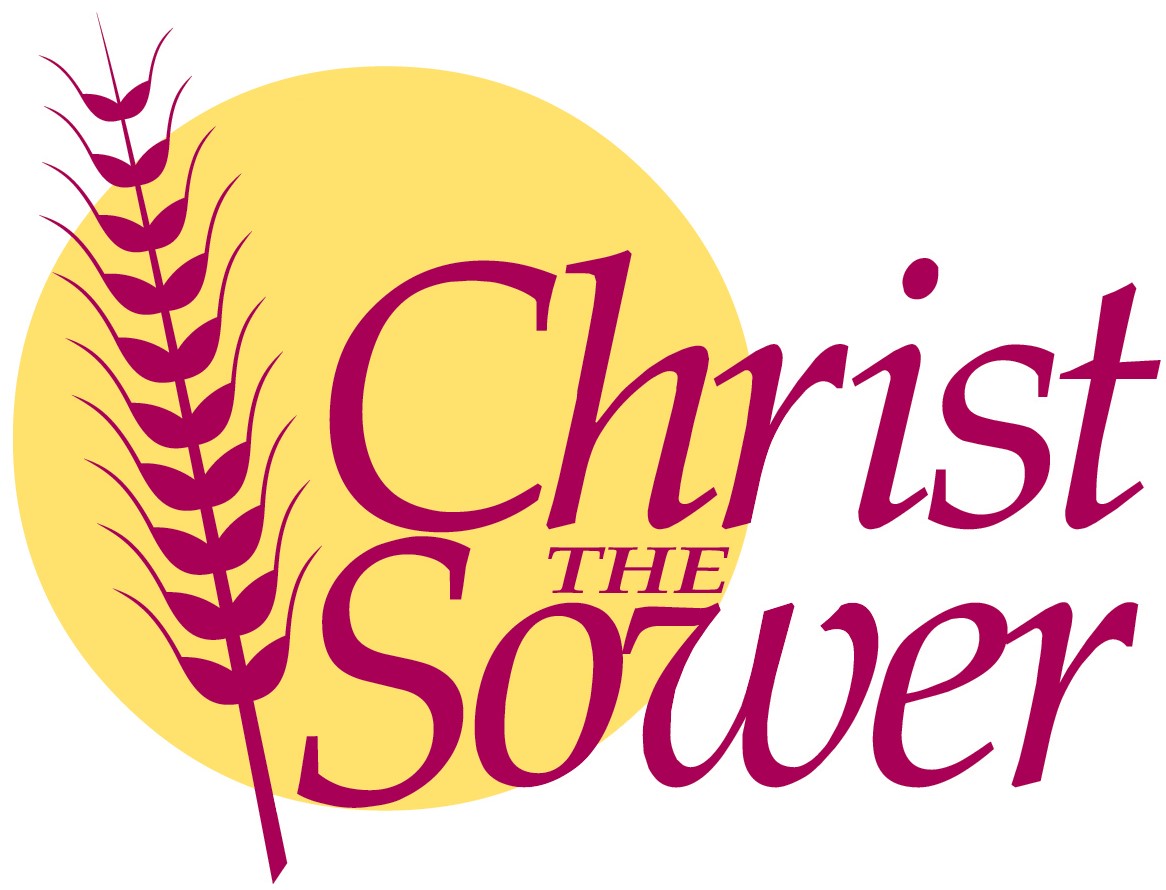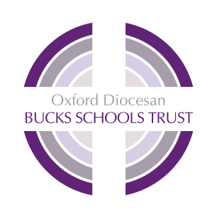The EYFS at Christ the Sower
Curriculum Intent
At Christ the Sower Ecumenical Primary School the Early years is very much reflective of the schools’ vision statement ‘A loving place where we all care, learn and grow together’. Throughout Reception and Nursery, we aim to provide motivating first-hand experiences whilst encouraging children to build resilience, ambition and a lifelong love of learning. Our aim in the EYFS is to build strong foundations rooted in academic success as well as moral and spiritual development, so that ultimately our pupils can be active citizens of society and happy, curious life-long learners. Our curriculum is therefore the cultural capital we know our pupils need so that they can gain the knowledge, skills and understanding they require for success. They can only do that if we embed the right habits for learning through the Characteristics of Effective Teaching and Learning – Play and Exploration, Active Learning and Creative and Critical Thinking. Many pupils in the early years at CTS arrive below national expectations for their age and a good proportion come from disadvantaged backgrounds. As a result of this we have to teach them how to listen, speak and meet the high expectations for behaviour by working together and being kind. As a result of this we prioritise personal, social and emotional development and communication and language in the Nursery curriculum. Our enabling environment and warm, skilful adult interactions support the children as they begin to link learning to their play and exploration. As the Nursery pupils move into Reception, we invest time and energy into helping pupils set and reflect on their own goals by aiming high and developing a love of reading, writing and number. This is delivered through a holistic curriculum which maximises opportunities for meaningful cross-curricular links and learning experiences as well as promoting the unique child by offering extended periods of play and sustained thinking following children’s interests and ideas.
Curriculum Implementation
Our curriculum follows the Early Years Statutory Framework for the Early years Foundation Stage. This document specifies the requirements for learning and development in the EYFS and provides the prime and specific areas of learning we must cover in our curriculum. Through our knowledge of each child and formative assessments the EYFS team meets weekly to discuss the planning of exciting and engaging activities that will move the children’s learning forward. This involves an over-arching theme using fiction and non-fiction books to develop this theme. Pupils learn through a balance of child-initiated and adult-directed activities. We take advantage of cross curricular links in order to combine transferable skills and develop a wide-ranging vocabulary which underpins the children’s learning. This may also include following individual children’s interests and making the most of those focused moments where the teaching and learning can be maximised in a one to one way with teacher and child. Each year creates its own unique blend of whole class, guided, adult directed play and child-initiated play activities dependant on the nature and needs of the class of individuals. Children in EYFS learn by playing and exploring, being active and thinking critically and creatively and this takes place both indoors and in our outdoor area. Our outdoor area is open all year round and in all but the most challenging weather conditions. Children make their own decisions about where they learn best and teachers ensure that there are opportunities for all areas of learning both inside and outside. Throughout all of their learning choices children are actively encourage to use the schools CARE vision of Choices, Appreciation, Reflection and Engagement in all aspects of their learning in order for them to learn to embody this vision as move throughout the school.
Curriculum Impact
The impact of the EYFS curriculum is reflected in having well rounded, happy and confident children transitioning into Year 1.
We measure progress and children’s learning across the year through formative and summative assessment which are based on the teacher’s knowledge of the child, their learning journeys, photographs and videos on recorded Tapestry.
We measure the percentage of pupils achieving age related expectations throughout the academic year, put supportive interventions in place if and when needed. The adults use observations to make formative assessments which inform future planning and ensure that all children build on their current knowledge and skills at a good pace. Summative assessment compares children attainment to age related expectations using month bands in Development Matters. This is tracked using Target Tracker to ensure rates of progress are at least good for all children.
At the end of EYFS the aim is for all children at CTS:
- Have strong communication skills, both written and verbal
- Listen respectfully and with tolerance to the views of others,
- Take pride in all that they do, always striving to do their best
- Demonstrate emotional resilience and the ability to persevere when they encounter challenge,
- Develop a sense of self-awareness and become confident in their own abilities,
- Are kind, respectful and honest
- Demonstrate inclusive attitudes and have a sense of their role in our wider society.

